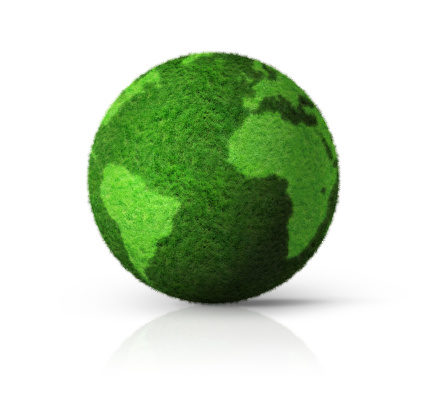The student-led eco-advocacy and education movement Teens Turning Green made October 2011 into a month to mobilize eco-consciousness. Through its ambitious, first-of-its-kind effort dubbed Project Green Challenge (PGC), and in conjunction with sponsors including eco-friendly feminine hygiene brand Natracare, the organization encouraged high school and college students nationwide to engage with a number of environmental issues. Participants were invited to take part in a unique eco-challenge on each day of the month, with the culmination being the Green University event held in San Francisco for a select group of finalists.
“It was enormously ambitious, way beyond anything we could’ve imagined, or we probably never would have gone there. And it was extraordinarily successful, and, for us, the best work we’ve ever done,” says Teens Turning Green founder and director Judi Shils of the effort. She explains that a dedicated team of 15 student interns guided the project’s development throughout the summer, led by Teens Turning Green’s cofounder and her daughter, Erin. The 30-day Challenge consisted of prescribed activities with themes like “Labeling” and “Disposable to Reusable.” Each daily challenge carried prizes for standout responses, and was broken down into several levels of difficulty and involvement, from Green to Greener to Greenest.
After the Challenge period was completed, PGC participants were able to apply for the Challenge finals. Along with point totals accumulated throughout the month, applicants were judged on a written “final exam” essay and a video recapping of what they’d learned. “We looked very seriously at leadership capabilities, because we want these kids to really be able to take it on and be the inspiration for students from campuses all over the world,” says Shils.
12 PGC finalists were chosen from a pool to participate in the 2-day Green U. educational summit in San Francisco from December 3–4. There, students were promised the chance to interact with green leaders and featured speakers in a small-group environment. The project finalists were to be joined in attendance by participants from schools across the country, including students and teachers from the San Francisco Bay area. The goal was to create forward-looking momentum for environmental action, in part by creating plans for Teens Turning Green in 2012. Those plans will include a new initiative every month beginning in January, according to Shils.
In addition to all finalists receiving donated prizes, one individual was to be awarded a Grand Prize that included a $5,000 college scholarship donated by Natracare. The company has been in support of Teens Turning Green campaign for years, according to Susie Hewson, founder and developer of Natracare. “That’s probably because we have an affinity for their way of communicating with young people, and the messages that we share as green activists,” Hewson says.
The genesis of PGC came at last year’s Natural Products Expo West in Anaheim, CA. After speaking with Shils and daughter Erin at the Natracare booth, Hewson decided her company would get on board with the idea of reaching out to young people in such an interactive way. “After discussing it for probably only about 10 minutes, we knew then that we would want to help them to bring this event to the fore,” she says. At that point, none involved knew how big the project would become, or that it would be as successful in its inaugural year as it turned out to be. Now, Teens Turning Green, founded in 2005 as Teens for Safe Cosmetics, is already starting to build toward next year based on feedback they’ve received. “For me personally, it’s really about knowing that you are able to inspire and effect change. And that you’re able to mentor, and that the kids really take the journey with you,” Shils says.
Natracare established a companion Web site to the PGC online headquarters, which served to promote the challenges and to provide additional information to participants. The project served as a natural complement to the company’s existing Natracare Sisters program, an educational outreach effort designed to make young women more aware of environmental issues. “The only way to bring about change is through education, in the right age group, where people can really look at things and make choices,” says Hewson.
Published in WholeFoods Magazine, January 2012










